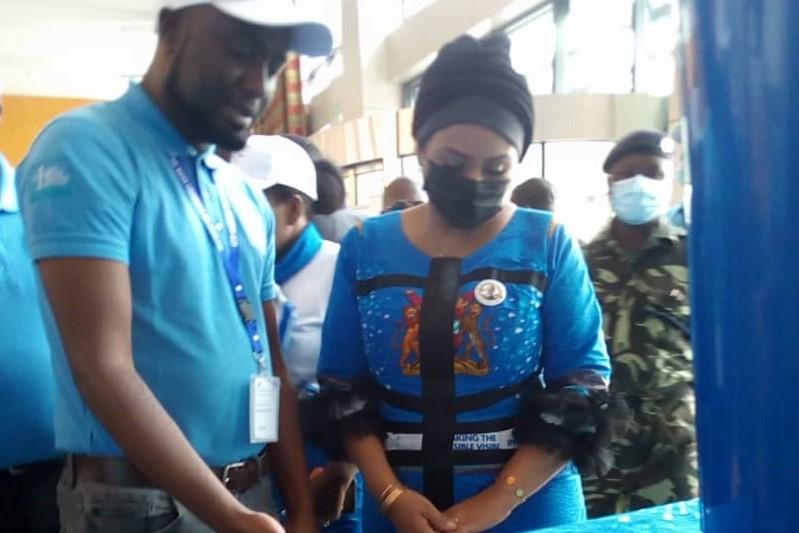Africa-Press – Malawi. Minister of Water and Sanitation Abida Mia says government is committed to ensuring that people across the country have access to clean and potable water. Mia said this during the commemoration of World Water Day that falls on 22 March every year.
She said the ministry has established several water projects in the Southern, Northern and Central region to ensure that people in the country have access to clean and potable water regardless of where they are located. She mentioned Water Karonga-Nkhatabay supply projects, Expansion of Dowa, Salima, Nkhotakota and Ntchisi and Mponera Water Supply.
On his part, President for Water Surface Association of Malawi Robert Hanjahanja said people have benefitted from groundwater in low development cost, low chemical usage and low energy costs which presents an opportunity to extend the reach to unserved areas.
Hanjahanja noted that there are a number of commitment that different stakeholders came up with as such they are looking forward to ensuring that some of the development projects are of the interest of Malawians instead of allowing anything that is not important.
“It’s about time, we talked about underground water because it is something that is visible but it seems that it is not seen but is where high quality of water is. We need to think and strategize by focusing on something that really matters and significant,” he explained.
Groundwater is a vital water supply for humanity. It provides drinking water entirely or in part for as much as 50% of the global population and accounts for 43% of all of water used for irrigation. Worldwide, 2.5 billion people depend solely on groundwater resources to satisfy their basic daily water needs.
A study conducted in 2021 by Chavula show that 65% of the population depends on groundwater for domestic supply: in rural areas, this rises to 82%, while in urban areas is it closer to 20%, although a number of towns or districts within towns get most of their water supply from groundwater.
For More News And Analysis About Malawi Follow Africa-Press






